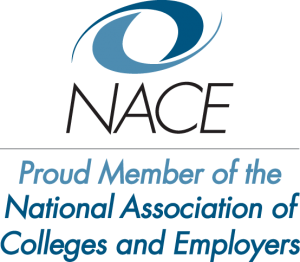I recently came upon this blog, which raises the question of whether college career counselors should use online personality tests to help students choose their major. I think the author comes down on the side of “yes they should,” with the caution that the assessments used should be reliable, valid, fair (unbiased), and suitable for the purpose of guiding career-decision making. That’s all good advice and consistent with our goal at PathwayU to leverage science and build algorithms to guide learners to discovering their purpose.
To pick a nit, the author lumps “interests” and “personality” together as the desired object of assessment. For example, in answering “yes career counselors should supplement personal counseling with online personality tests,” she recommends tests based on John Holland’s RIASEC model of vocational interests. Personality and vocational interests are not the same. As defined by psychologists, personality refers to characteristics of individuals that are relatively stable across time and situation. For example, if you are introverted, you will tend to be shyer or more withdrawn in class, work, and social situations. While we think of some careers as a good fit for some traits (e.g., extraverts in sales), in general (and with the exception of optimism and emotional stability), personality traits are not good predictors of career satisfaction.
In contrast, congruence between interests and occupations is a strong predictor of a number of important outcomes including grades in school, career satisfaction, and even income. Interests refer to stable preferences for activities or contexts related to goal-oriented behaviors. In short, interests are how we like to spend our time.
This semester, I was asked to speak to a class of undecided freshmen about why they should be management majors. I surprised the instructor by informing the students I was not there to talk them into being majors. I suggested that if they liked following routines and seeing everything in its place, they should think about being accountants. If they liked being creative and expressing themselves, they should think about going into marketing. But, if they liked communicating with people and starting or carrying out new projects, they should probably consider management as a major.
When you discover how you like to spend your time, it’s a lot easier to find a major and a career that you’ll enjoy and find meaningful. In summary:
- Use online assessments to supplement traditional guidance counseling
- Use online assessments that are professionally-developed and scientifically-supported
- Use interests and not personality to guide career choice







